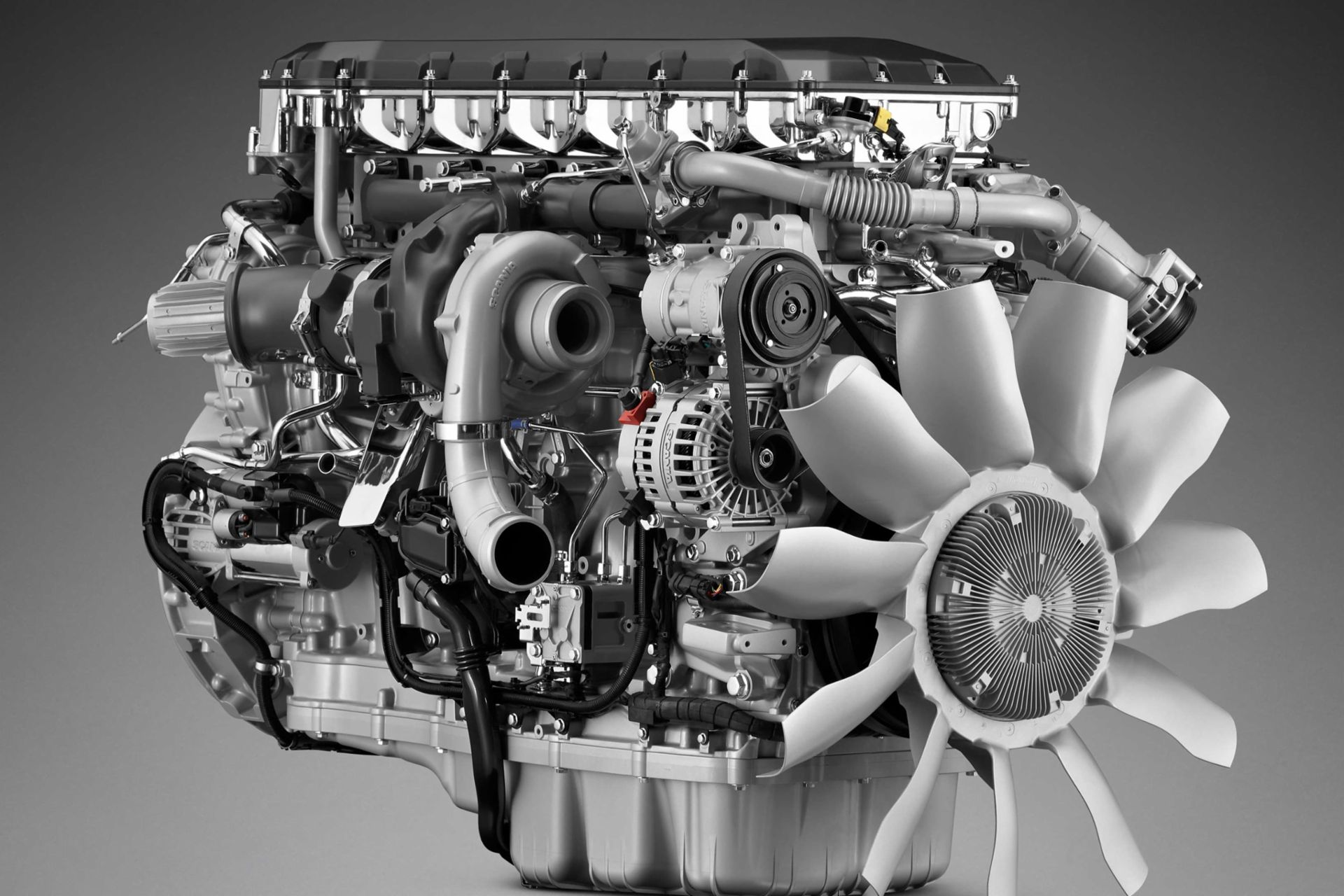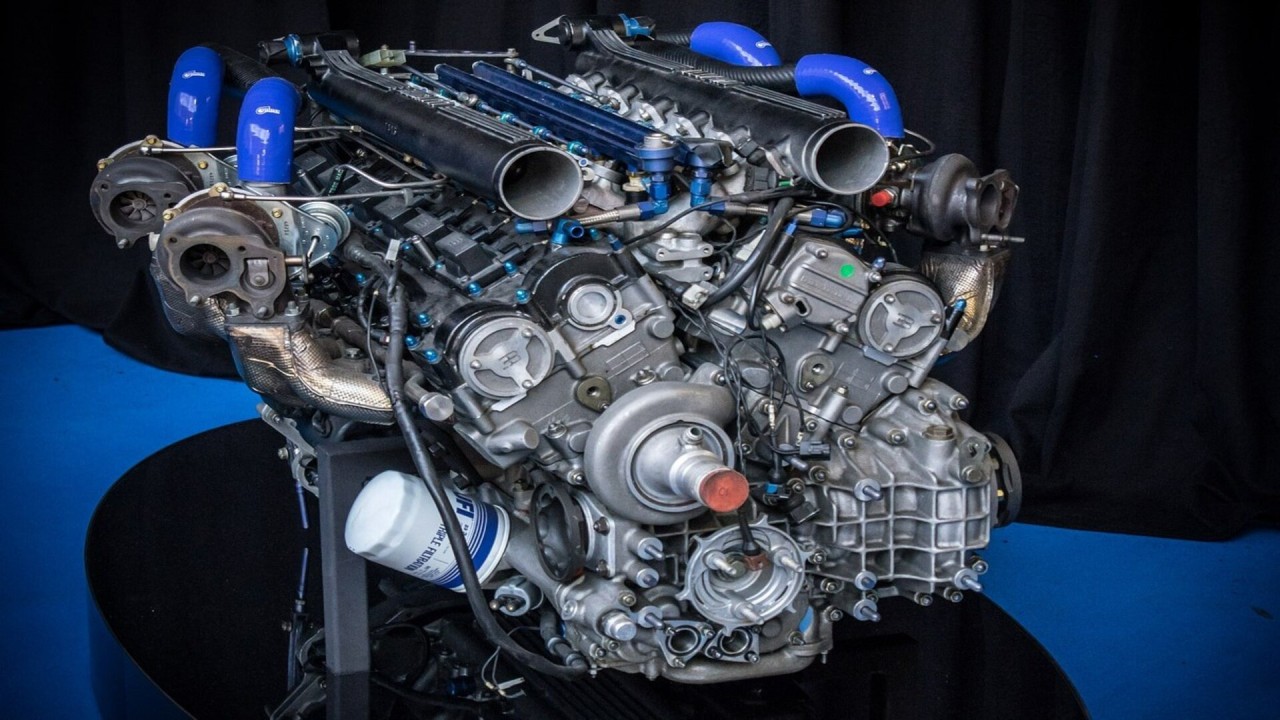The Effect of Ingenious Engine Technologies on Energy Efficiency and Environmental Sustainability
In the world of transportation and commercial equipment, the constant quest for boosted power efficiency and decreased ecological influence has caused substantial improvements in engine technologies. From the progressive change in the direction of hybrid and electrical systems to the combination of turbocharging for boosted performance, the landscape of engines is advancing quickly. The utilization of alternate gas better expands the alternatives readily available for sustainable energy sources. These innovations not only guarantee a greener future but additionally hold the prospective to transform the way we approach power usage and ecological sustainability.
Advancement of Engine Technologies
The progression of engine technologies over the decades has been noted by continual innovation and improvement in quest of enhanced efficiency and effectiveness. From the early days of internal combustion engines to the innovative hybrid and electrical powertrains these days, the advancement of engine modern technologies has been driven by an unrelenting quest for improved fuel effectiveness and reduced discharges.
One considerable turning point in this advancement was the development of turbocharging and straight shot systems, which significantly boosted engine power outcome while boosting gas performance. These modern technologies permitted for smaller sized, more lightweight engines that can provide the performance of bigger ones without jeopardizing on efficiency.
Moreover, developments in materials science have resulted in the extensive adoption of lightweight materials such as aluminum and carbon fiber in engine building and construction. This has not just decreased general lorry weight but has likewise boosted engine efficiency by decreasing energy losses related to inertia and rubbing.
Advantages of Electric and Crossbreed Systems
With the expanding concentrate on sustainability and energy performance, what benefits do electric and hybrid systems provide in the world of engine modern technologies? Electric and hybrid systems present countless advantages that add to a more energy-efficient and lasting future. One of the main benefits is the significant reduction in greenhouse gas emissions compared to standard inner combustion engines. Electric vehicles generate no tailpipe emissions, leading to boosted air top quality and reduced environmental influence. Furthermore, electric and hybrid systems are much more energy-efficient, transforming a greater portion of saved power into propulsion contrasted to standard engines. This effectiveness leads to lower power usage and operating prices over the automobile's life time. Electric automobiles supply regenerative braking systems that save and catch energy generally shed throughout braking, better enhancing power effectiveness (engines for africa). Hybrid systems combine the benefits of electric propulsion with the flexibility of a combustion engine, offering expanded driving ranges and decreasing array anxiousness for consumers transitioning to electric automobiles. Overall, hybrid and electric systems play an important function beforehand energy efficiency and environmental sustainability in the transport industry.
Turbocharging for Improved Effectiveness
Turbocharging works by utilizing a turbine to require even more air into the burning chamber, enabling for much better gas combustion and boosted power output without a substantial rise in engine size. By making the most of the efficiency of the combustion procedure, turbocharged engines can attain enhanced gas economic climate and reduced discharges, contributing to environmental sustainability. The extensive adoption of turbocharged engines in both gasoline and diesel lorries shows their effectiveness in balancing efficiency, efficiency, and ecological influence.
Harnessing Different Fuels
Taking advantage of different gas provides a promising opportunity for minimizing carbon discharges and branching out the power resources utilized in transportation. As the globe aims to deal with environment change and lower dependence on fossil gas, alternative fuels have gained substantial interest for their prospective environmental and economic advantages.
Biofuels, such as ethanol and biodiesel, are originated from sustainable sources like algae, corn, and sugarcane, offering a cleaner burning alternative to conventional gasoline and diesel. These fuels can be mixed with existing petroleum gas or made use of in specialized engines, giving a path to lower greenhouse gas emissions and boost air top quality.
In addition, hydrogen fuel cells have become a promising modern technology for zero-emission transport. engines for africa. By transforming hydrogen gas right into power to power electrical motors, fuel cell cars create just water vapor as a by-product, eliminating dangerous tailpipe exhausts entirely
In addition to decreasing carbon discharges, different fuels can likewise boost check power safety by expanding the fuel mix and minimizing dependence on imported oil. Embracing alternative fuels in transportation is a critical action towards accomplishing an extra ecologically friendly and sustainable future.

Environmental Benefits and Future Potential customers
Alternative fuels, such as biofuels, hydrogen, and electricity, offer substantial environmental benefits compared to typical fossil fuels. Additionally, alternate fuels can assist expand energy sources, enhancing energy safety and security and minimizing dependence on limited sources.
The future potential customers for different gas in the transport field are encouraging. Developments in innovation proceed to boost the performance and affordability of alternate fuel lorries, making them much more accessible to consumers. Governments around the globe are also executing plans to incentivize the fostering of different gas, additionally driving their development. As r & d efforts expand, the capacity for even greener and a lot more sustainable gas options boosts, leading the way for a cleaner and more eco friendly transport market. By embracing alternative fuels and ingenious technologies, the path towards a more lasting future ends up being significantly achievable.

Verdict
In conclusion, cutting-edge engine technologies have actually played an important function in boosting energy performance and promoting ecological sustainability. engines for africa. The advancement of engine modern technologies, fostering of electrical and hybrid systems, utilization of turbocharging, and exploration of different gas have all added to minimizing discharges and enhancing effectiveness. The ecological advantages of these innovations are clear, and there is wonderful potential Get More Info for further progress in the future. Engine modern technologies remain to be a vital location of emphasis for attaining an extra sustainable future.
In the realm of transport and industrial equipment, the continuous pursuit for improved power efficiency and lowered environmental influence has led to substantial improvements in engine technologies. Turbocharging jobs by using a generator to require even more air into the burning chamber, enabling for better gas burning and increased power outcome without a substantial increase in engine size. By making the check most of the performance of the burning process, turbocharged engines can achieve enhanced fuel economic situation and reduced emissions, adding to ecological sustainability. Different gas, such as biofuels, hydrogen, and electricity, offer substantial environmental benefits compared to standard fossil fuels. The advancement of engine technologies, adoption of electric and hybrid systems, usage of turbocharging, and exploration of alternate fuels have all contributed to minimizing discharges and increasing performance.